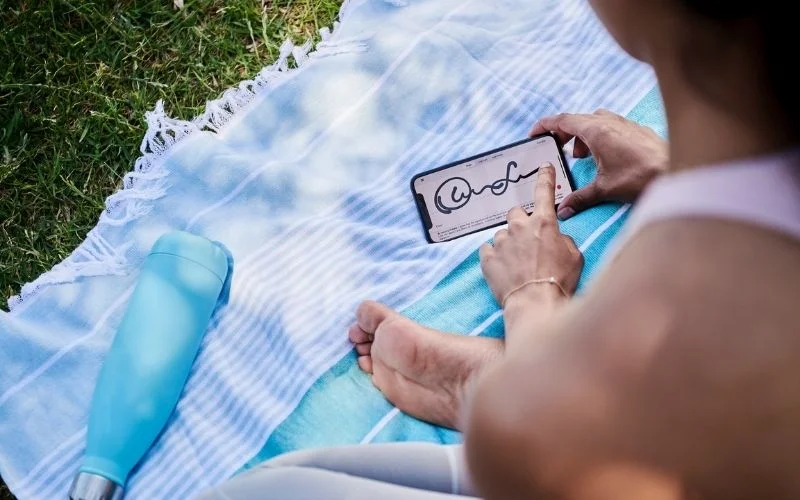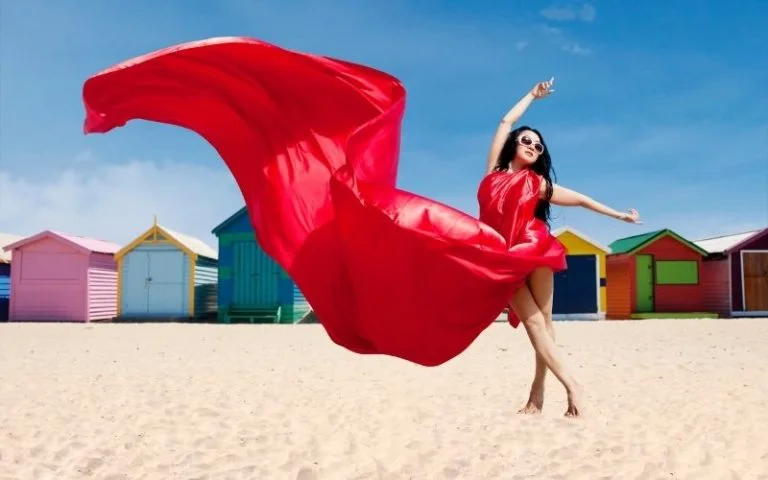Image Source: Pexels
If you are a filmmaker, documentarian, or content creator, you need to know about Life Story Rights. Life Story Rights are one of the most common types of contracts in the film business. Used as the basis for both documentaries as well as fictional films, the Life Story Rights agreement is one that is often misunderstood.
What is a Life Story Rights Agreement?
A Life Story Rights Agreement is a contract that grants the rights to someone’s life story. The term “Life Story” refers to the entire life of an individual, from birth to death. These agreements allow filmmakers to use the life story of a person or persons for a film or television.
Who owns the rights to a life story?
On a basic level, the person or persons whose life story is being told own the rights to their life story. This situation can be complicated, and filmmakers need to be aware of the potential complications. Generally speaking, the person who is being profiled in the film owns the rights to their story. However, if the person being profiled is a child or a minor, then the rights to their life story may be owned by their parents or guardians. For example, if a filmmaker wants to make a film about Malala, the Pakistani school girl who fought against the Taliban, she would need the rights to Malala’s story from Malala herself, as well as her parents.
Why are Life Story Rights agreements used?
Filmmakers enter into Life Story Rights agreements because they are the easiest way to transfer ownership of the rights to a life story. Traditionally, filmmakers have approached families and individuals directly to negotiate for the use of a life story. While this practice is still common, for filmmakers who may not be comfortable negotiating directly with a family or individual, Life Story Rights agreements are a safe, accessible, and legally binding way to secure rights to a life story. Filmmakers can use Life Story Rights agreements to secure rights from multiple people at once, making the process more efficient.
How do filmmakers use Life Story Rights agreements?
When filmmakers use Life Story Rights agreements, they first conduct research to choose their subjects and select the story they want to tell. A filmmaker who is making a documentary might select a subject that is particularly interesting, but whose story has not been explored as a documentary subject before. Once they have selected their subjects, they would approach them, or their parents or guardians if they are minors, and ask to use their life story in a film. If the subjects are interested, the filmmaker and the subjects would then enter into a Life Story Rights Agreement.
When should you enter into a Life Story Rights agreement?
Life Story Rights agreements are common, so filmmakers need to be careful to protect their work. If you are making a documentary and you are in the research stage, you should approach the subjects and ask for their permission to use their story in your film. Once you have selected the people whose life stories you want to tell, you should approach them and ask them to sign a life story rights agreement.
What should be included in a Life Story Rights agreement?
Life Story Rights agreements are contracts and the specifics vary depending on the situation. They may be standardized forms like the ones used in the UK provided by organizations like the British Film Council, or they may be customized versions written by lawyers for both the filmmaker and their subjects. Either way, Life Story Rights agreements should at least include the following information: – The title of the work – The name of the subjects whose life story is being used – The amount of money (if any) being paid to the subjects – The title or working title of the film – The type of film being made – The details of any other compensation the subjects will receive (for example if a documentary is going to be shown on television).
Final thoughts: Protecting your work and yourself
If you are a filmmaker, documentarian or content creator, you need to know about Life Story Rights. Life Story Rights are one of the most common types of contracts in the film business. Used as the basis for both documentaries as well as fictional films, the Life Story Rights agreement is one that is often misunderstood. Make sure that you understand how this type of contract works before you enter into one. Before you approach anyone for their life story, do your research and make sure you understand who you are talking to and that you are talking to the right people. Documentaries are a powerful medium for telling important stories about individuals and groups. The individuals whose stories you tell will be a part of your film for the rest of their lives, so make sure you do them justice.
The Wrap
Are you a filmmaker, documentarian, or content creator? Make sure you have all of your legal bases covered with the right contracts. Creators Legal is the first and only DIY platform built just for creatives. Creators Legal has over 200+ contracts available as individual contracts, packages, and full use subscriptions.
Creators Legal is the first and only legal platform for content creators. We designed a platform just for content creators to craft simple, straightforward, and trustworthy contracts in a fast, easy-to-use platform. With a powerful form builder, a secure e-signature system, and your own personalized dashboard to store and organize all your contracts, you can get yourself protected in minutes without the need for expensive entertainment lawyers!






